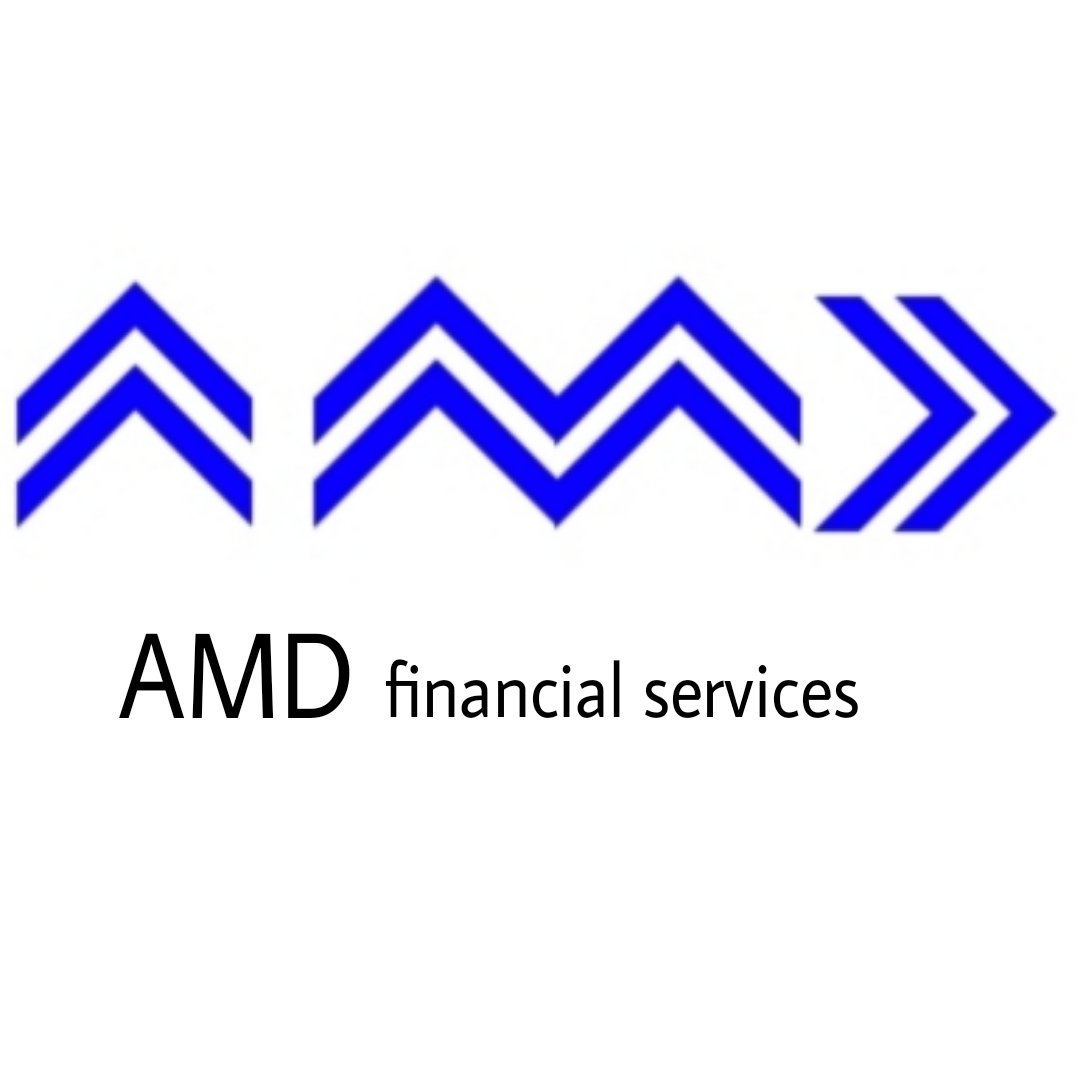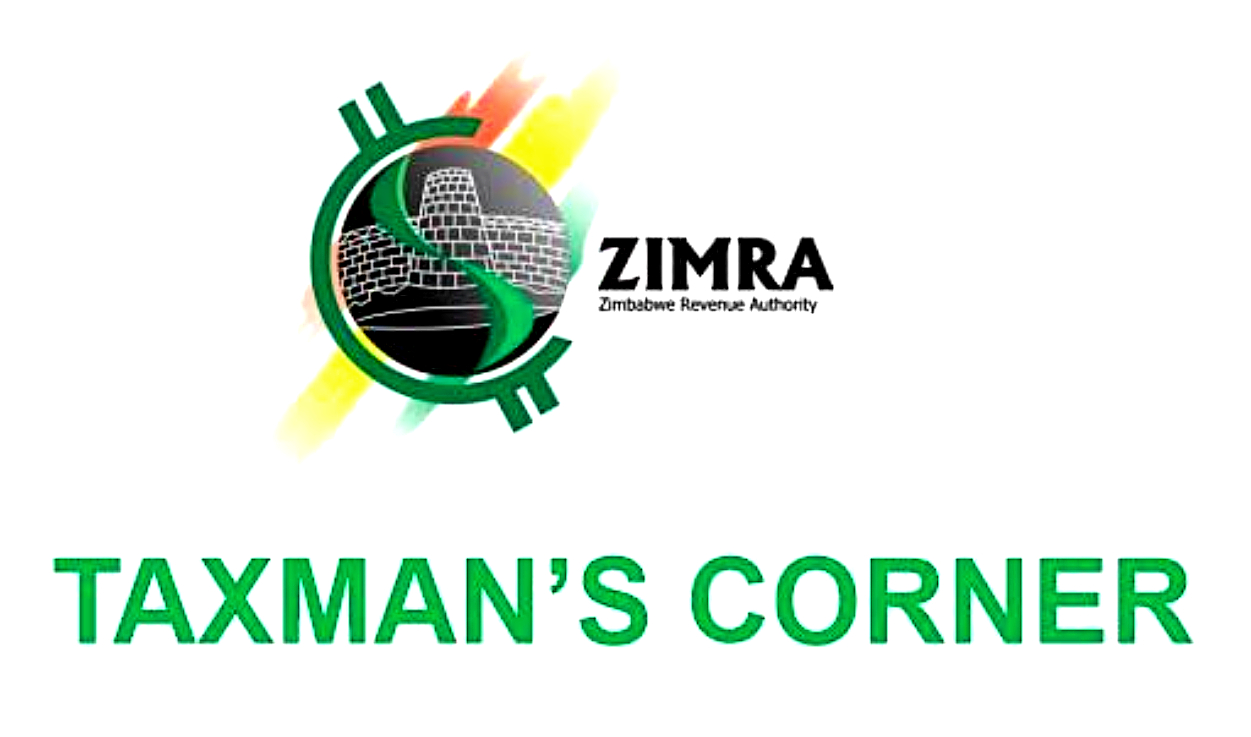The 5 Year Zimbabwe Revenue Authority (ZIMRA) Official Strategic Map (ZIMRA 2021 - 2025) looks aesthetically pleasing, on paper. The feasibility of its implementation is on the ground can be strengthened further by narrowing components to easy to understand and bite size application. Also, this strategy has to anticipate Zimbabwe specific challenges.

Of course Zimbabwe Revenue Authority (ZIMRA) Official has been exceeding #revenue collection targets time and again, which gives a veneer of #success. However, this may be masking potential issues or likely #growth areas, hence the importance of an "implementation friendly" #strategy to make #zimra succeed, beyond just meeting targets.
In 2022, the #zimbabwe government needed to run its operations on a budget of US$ 8 billion. It gave #zimra a US$ 6.75 billion #tax collection target (equivalent to 1.6 trillion Zimbabwe Dollars or ZWL at the time). ZIMRA managed to exceed this target by over 26%, collecting a total of ZWL 2 trillion (US$ 8,45 billion), which was more than enough to cover the government's #budget. This also was a 330% increase in nominal terms from 2021 collection figures and about 52% increase in #inflation adjusted real terms. Credit is due to all ZIMRA management and staff.
However, masked under these numbers are matters of concern, which the Strategic Map (ZIMRA 2021 - 2025) has to be addressing. Highlights being;
a) A low tax-to-GDP ratio of 17% (compared to the African average of 22.5% and western country tax authorities collect taxes amounting to 30% of their #gdp ).
b) Zimbabwe's highly informal #economy (estimated at 60.6% of the total economy), which allows for tax revenue leakage necessitated by the non recorded and often formal systems avoiding nature of #transactions in the informal sector.
c) A complex, and quite honest, "western-centric" tax #system which relies on complex #accounts, which the majority of the economy, being informal, has little access to. The tax system accounting relies on accounting #accrual and/or historical #settlement method, which, though perfect for western world, needs adaptation for Zimbabwe's case. Not to speak much of the Zimbabwe tax system which is premised on entity/individual residency status, not nationality status, allowing for heavy transfer pricing.
d) Tax #debt #management. Zimbabwean companies, from last reported figures, owe US$2.8 billion in taxes. That is over 40% of last year's (2022) tax revenue collection target! Surely the strategy has to be stating an applicable course of action to rectify this. The good news (or bad, depending on where one stands) is that a big chunk of these #arrears due to the Zimbabwe Revenue Authority ZIMRA) are from the public sector (government departments). They owe, again from figures last published, US$1.1 billion of this amount in taxes. Being the government, a few "seat-downs" can resolve this. Convince the powers that by utilising econometrics like the "Ricardian Equivalence" to help determine the optimal level of government borrowing and taxation, agree to it, then agree on recourse whenever government departments exceed it.
e) I could write a paper on these actually as there are a few more coming to my mind, like #infrastructure / #technology gap, archaic laws, like mining laws drawn in the 1960s for an extractive colonial power and therefore structure limits proper taxation for home #development, etc., so for expediency I will stop here about challenges and threats the Strategic Map (ZIMRA 2021 - 2025) has to be anticipating.
So what can be added to the strategy to enhance it, and what bite size application sections can be included to get the ball rolling? I've quickly cobbled up a likely three year strategy here broken down into projects and each managed by a special team, as follows:

1. : Improving Taxpayer Compliance: Increase #compliance rates Strengthen enforcement and education efforts, simplify tax laws and procedures; Complements other strategies by increasing revenue collection Increased revenue, decreased tax #evasion; Economic Theory: Optimal Taxation Theory Compliance Rate = (Number of compliant taxpayers / Total number of taxpayers) x 100%
#Simplify the tax system by reducing and/or combining the number of individual tax heads
Effectiveness: Can reduce tax absconders and improve compliance, as suggested by the #LafferCurve
Review rebates and tax holidays to combine them
Effectiveness: Can further simplify the tax system and reduce confusion for taxpayers
Analyse exemptions and streamline the filing and payment process
Effectiveness: Can make it easier for taxpayers to understand and comply with tax regulations
Provide clear and easy-to-understand guidance for taxpayers
Effectiveness: Can improve compliance and reduce errors in tax filing
Simplify regulations for informal economy in Zimbabwe.
Effectiveness: Can improve compliance and increase tax collection
2. : Enhancing Stakeholder Engagement: Foster positive relationships with taxpayers and #stakeholders; Develop effective communication channels, collect feedback and utilize it to improve processes; Complements other strategies by promoting #transparency and accountability Increased trust and cooperation, reduced conflicts; Tax Theory: Tax #equity Theory Stakeholder Satisfaction Score = (Total satisfaction score / Total number of stakeholders)
# Together with stakeholder training seminars, ZIMRA should vigorously promote voluntary compliance among #taxpayers through education and easy-to-use tax filing systems.
ZIMRA could register agents/accountants as "public officers" for all entities above a certain threshold to provide an #efficient and streamlined process for handling tax matters.
This will need to be investigated further, but my proposal is to have an agency service on the tax side of administration, akin to what obtains in the customs side of the same administration, where Taxpayers below a certain threshold can engage pre appointed #agents (who will work under strict professional delivery mandate, pricing regimes etc, or #risk losing licences). Those above the threshold will continue paying as usual through themselves, their appointed accountants, or through their "public officers"
The advantages of using agents include #expertise, cost savings, time savings, and improved compliance with local and international tax laws.
Leveraging media to create a buzz about tax could improve voluntary compliance among taxpayers.
3. : Modernising Tax Administration: Improve efficiency and effectiveness of tax administration Introduce new technologies, streamline processes and procedures; Complements other strategies by improving tax collection and reducing costs Increased revenue, reduced costs; Economic Theory: Laffer Curve Tax Revenue = Tax Rate x Tax Base
# Improve technology and software to better capture taxes and customs revenues.
Effectiveness: Accessible Electronic #filing system (ie Mobile App based) can save up to 50% of the time and costs associated with paper/e-filing filing, while also reducing errors and increasing compliance, resulting in an additional revenue per year.
Investigate implementation of #data #analytics models, Accounting ERPs and local software assimilation with ZIMRA tax system so #taxheads are calculated at source (local server) through an indelible embedded software for each registered Business Partner, compliance tool #automation, and deployment of artificial intelligence (#ai) to identify and target non-compliant taxpayers.
Effectiveness: Increase efficiency and effectiveness in tax collection, resulting in improved #revenue generation.
Address challenges associated with electronic filing system, including inconsistencies and reliability issues.
Effectiveness: Improved user experience and increased compliance.
Explore the use of blockchain technology to offer security, efficiency, and transparency in handling transactions.
Effectiveness: Improved revenue collection and reduced tax evasion.
4. : Strengthening Risk Management and Legal Statutes: Identify and mitigate potential risks; Conduct risk assessments, develop risk management #plans and monitor implementation; Complements other strategies by minimizing potential losses; Reduced risks, increased efficiency Tax Theory: Tax Evasion Theory Tax Gap = Actual tax revenue - Expected tax revenue
# On the the #legal front, lack of tangible legal consequences for tax evasion is a challenge for ZIMRA.
Advocating for stricter punishment for tax evaders can be more effective in improving tax collection.
The current consequences of tax evasion are not enough to deter tax evaders.
Stricter consequences could lead to improved compliance and increased revenue for ZIMRA.
Also, perhaps it is time a Tax Number is issued at birth and activated at 18 years of age, not this voluntary exercise currently obtaining. This number can be operationalised across multiple ministries to be the Hospital number, University admission number, Social Welfare number, etc
5. : Reducing Corruption: Eliminate/Minimise corrupt practices Establish clear ethical standards, enforce anti-corruption measures and enhance present whistle-blower protection; Complements other strategies by promoting fairness and integrity; Increased trust and credibility, reduced corruption Economic Theory: Public Choice Theory Corruption Index = Perception of corruption among public officials
# Increase transparency and accountability within ZIMRA, especially for top management, to reduce corruption on lower ranked functionaries.
Effectiveness: This can help create a culture of honesty and integrity within the agency.
Implement an internal whistle blower system for ZIMRA staff.
Effectiveness: This can help incentivize good behaviour and weed out corrupt individuals.
Reconsider staff emoluments and benefits as a deterrent to corruption. Not just salary increments, but benefits like contributory funds that an internal or external team can manage on the open market, with proceeds going towards staff elected choices, like home mortgages which can be better negotiated when there is a bulk fund.
Effectiveness: This can help motivate staff to resist corruption and follow ethical practices.
Provide education opportunities, paying part fees for staff employed >5 years and/or enhancing internal sports/functions for staff.
Effectiveness: This can help improve staff morale and create a positive work environment.
Upgrade equipment to improve efficiency and reduce opportunities for corruption. I am happy to note on this front there is a great improvement on IT equipment, uniform deployments, Border post scanners, solar energy installations on outposts etc.
Effectiveness: This can help reduce opportunities for corruption by increasing automation and reducing manual processes while increasing staff efficiency.
Capacitate the external whistle-blower hotline/service.
Effectiveness: This can help encourage reporting of corruption and increase the chances of detecting and prosecuting corrupt individuals.
This strategy focuses on a booster 3 year plan to improve current efficiencies but will need to run concurrently with a longer term strategy that entrenches gains and mitigates long term risks. Deserving special mention among those longer term risks to tax collection being macro economic dynamics like huge emigration being experienced at present, changes in global market trends and dynamics like from extractive primary industry to quaternary and quinary sectors, etc
Improving tax collection in the short term, meanwhile will need ZIMRA to promote voluntary compliance among taxpayers and increasing transparency and accountability within the agency. This includes implementing modern technology for tax filing, partnering with business agents, promoting legal consequences for tax evasion, and reducing corruption through performance evaluations and staff incentives. The strategy also involves leveraging media to create awareness about tax and enhancing education opportunities.
And perhaps it is time to discuss with the parent ministry that the reported 3% to 6% retention fee is not adequate for ZIMRA purposes to capacitate itself. The global average is between 6% to 10%.
In the same breath we can also aver that ZIMRA has to approach government with a view to having the Consolidated Revenue Fund actively placed wholly in the entity's hands. Not have pseudo agencies maintaining their own collections which have little bearing on national fiscus needs and therefore ending up as used for frivolous expenditures or ridiculous board member packages for those entities, instead of helping the nation. In any case those entities fall under line ministries who further request budget funding, through the Ministry of Finance, yet they have entities within them generating handsomely only for their internal purposes.

Let's talk... after all, "...the hardest thing to understand in the world is income tax." - Albert Einstein
cc Matambo Josephine , George Guvamatanga , Memory Nguwi , Dr. Ruth B. Ncube , Mutsa Remba , Isaac Kwesu , Paradza Paradza


